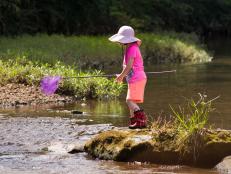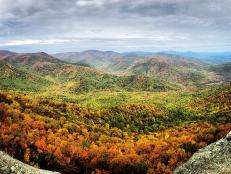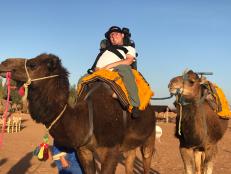1 / 12
Photo: Shutterstock/Diego Cervo
How We Thrive Outdoors Is Rooted in Science
We all know — and we’ve certainly been reminded over the past year — that getting outside and interacting with our environments, even if it’s just for a brief walk, can restore and inspire us. (As architect Frank Lloyd Wright once put it, “Nature is my manifestation of God.”) We haven’t always been able to put our fingers on how Mother Nature works her magic on us — but thanks to researchers in a constellation of disciplines, we’re gaining ground all the time.











